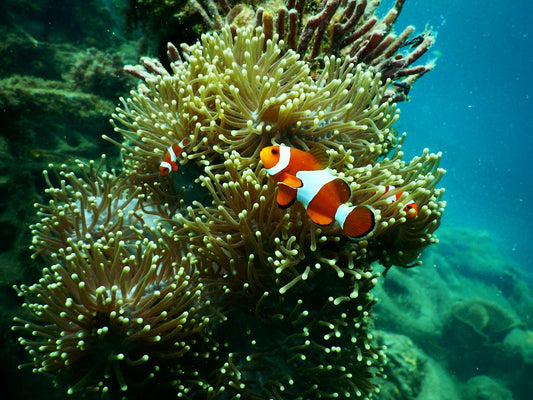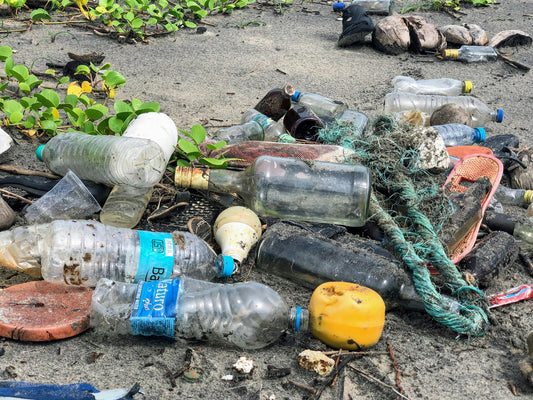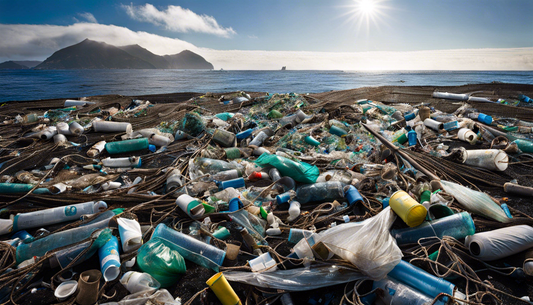Share
Turning the Plastic Tide: Thailand Enforces Plastic Waste Import Ban
Who knew being earth-friendly could look so cool? Thailand recently joined the growing list of nations who have waved goodbye to importing plastic waste, in a move to protect their land, seas, and skies from toxic pollution. This law came into effect after years of urging from environmental groups and is seen as cause for celebration - but, there's a 'but.' The true test of this initiative lies in its enforcement, monitoring, and global cooperation.
The Plastic Problem: Thailand's Tricky History With Waste
Thailand’s history with imported plastic waste is anything but a fairytale. The southeast Asian country historically became the recipient of plastic waste from wealthier nations such as Europe, the U.S., the UK, and Japan. It became a top destination for plastic waste after China's ban on household waste imports in 2018. Between 2018 and 2021, Thai customs officials recorded the import of over 1.1 million tonnes of plastic scraps.
A Win, But Not Yet a Victory: Facing the Plastic Problem Head-On
Now, before we roll out the green carpet, it is important to note that there's a lot more work needed even after this ban. Concerns are raised over the plastic waste management methods employed thus far, as many factories are accused of burning waste rather than recycling it, an act which significantly harms human health and the environment. The Thai government needs to ensure that strict enforcement of the law takes place, with cooperation between industrial, environmental, and customs agencies.
Global Cooperation: A Key Ingredient in the Recipe for Success
While this is an important step for the country, the Thai government, like the rest of the world, needs to work towards a global solution to mitigate plastic pollution. Talks around an international treaty aimed at cutting plastic production and phasing out certain single-use plastic products have been ongoing; however, a consensus has yet to be reached owing to resistance from oil-producing countries. The urgency for decisive international action is underscored by recent research linking plastic pollution to substantial health risks, including increased risk of stroke, heart attack, dementia, and death. Reducing plastic pollution isn't just about saving the turtles anymore, it's about saving human lives as well.
We hope you enjoyed this article. Please feel free to leave a comment below if you want to engage in the discussion.
If you want to read more like this, make sure to check out our Blog and follow us on Instagram. If you are interested in truly sustainable products, check out our Shop.
Check out the original source here.








